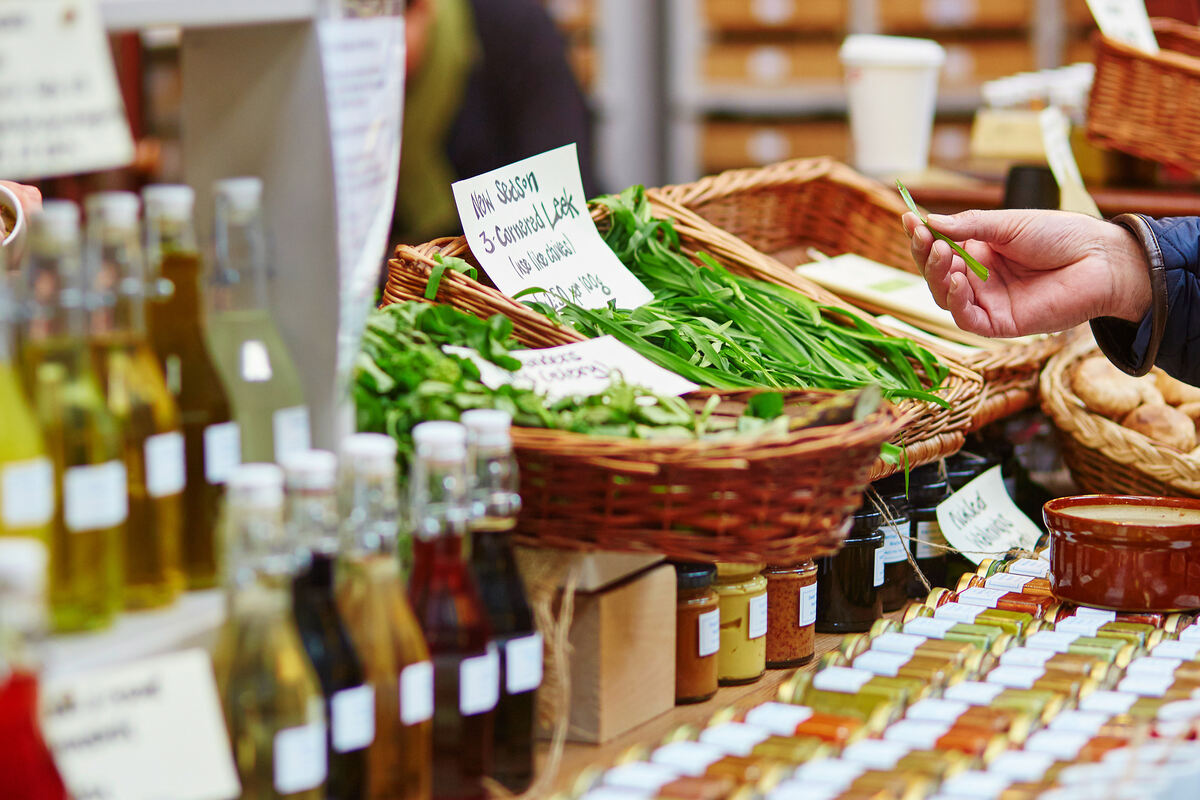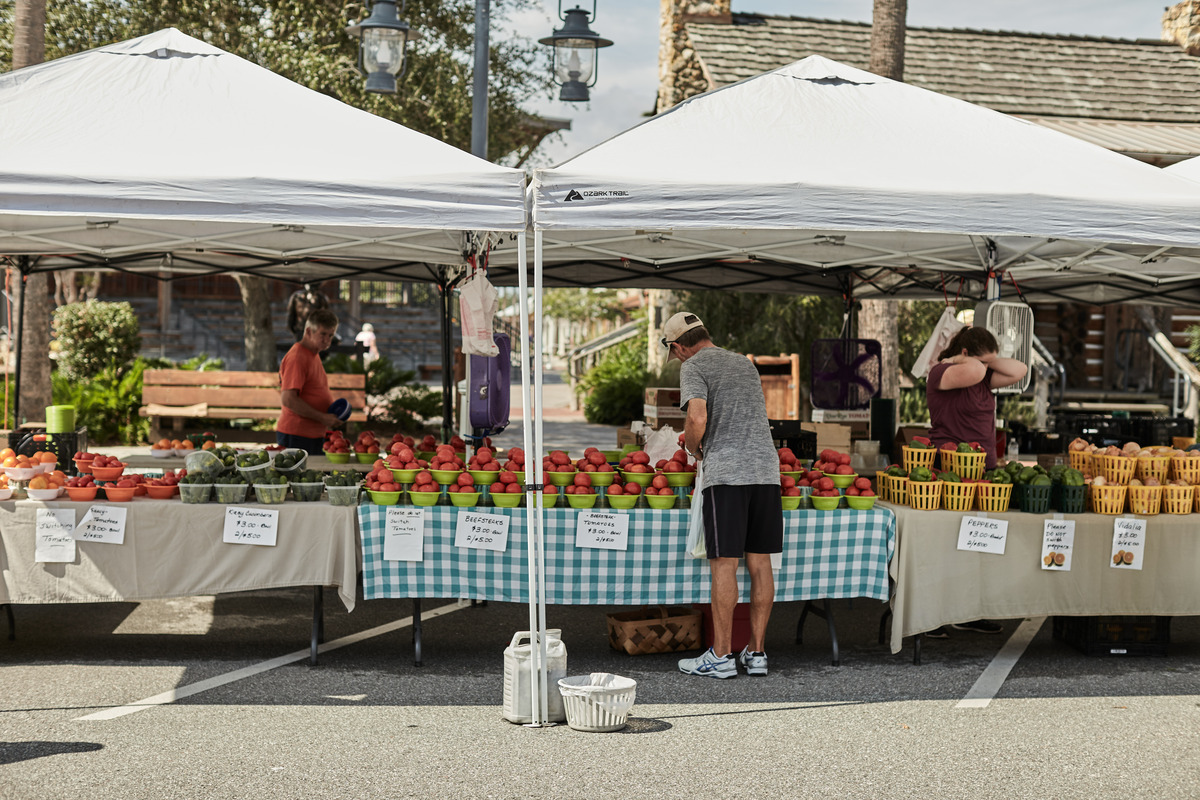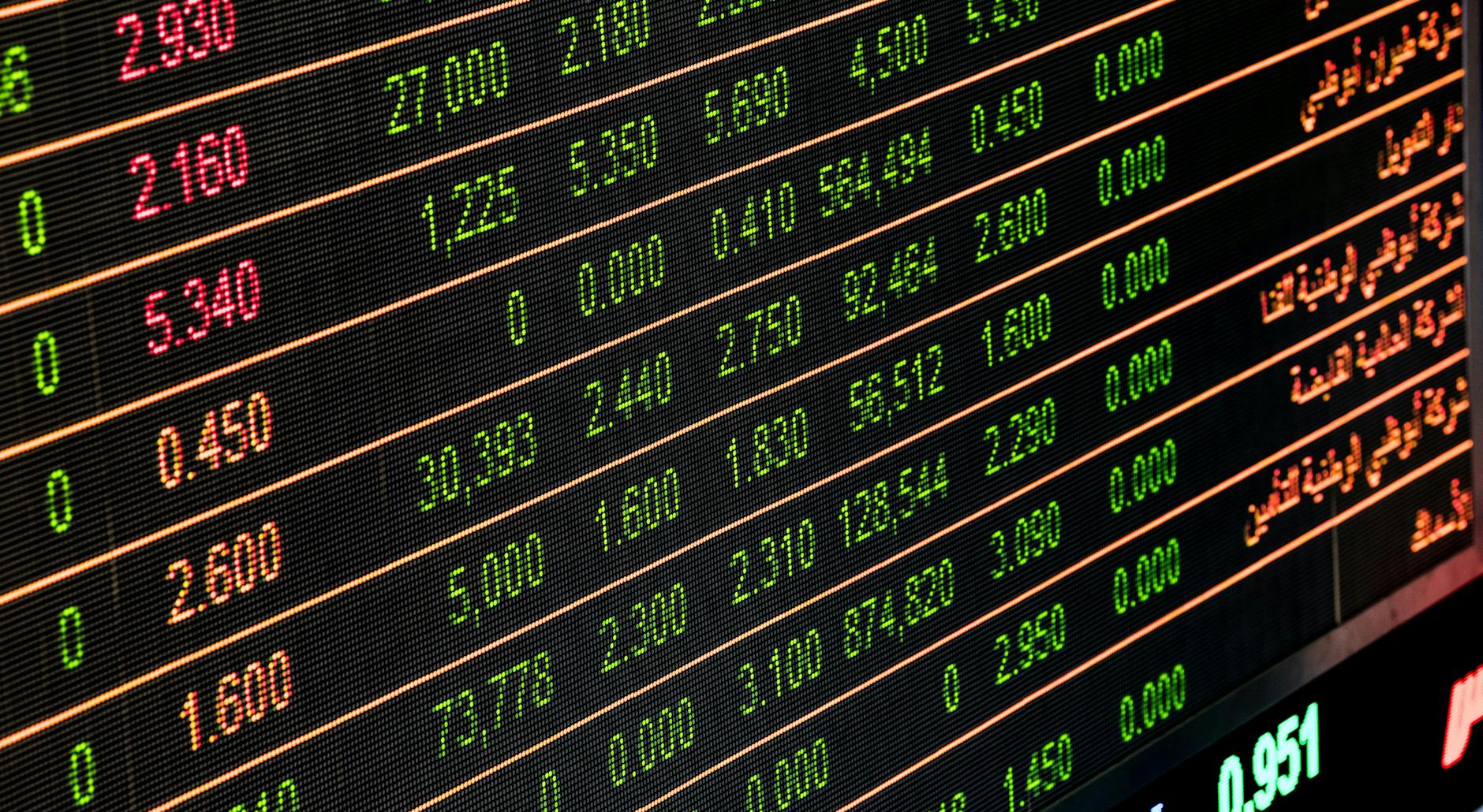The music industry is tuning into a greener future. Artists and venues are prioritizing environmental practices, influencing both their audiences and peers.
This shift involves rethinking how the industry operates, from powering concerts with renewable energy to sustainable touring models. Hold tight and we’ll talk through the main ways progress is being made right now, and why this is good news for all of us.
Eco-Friendly Festivals
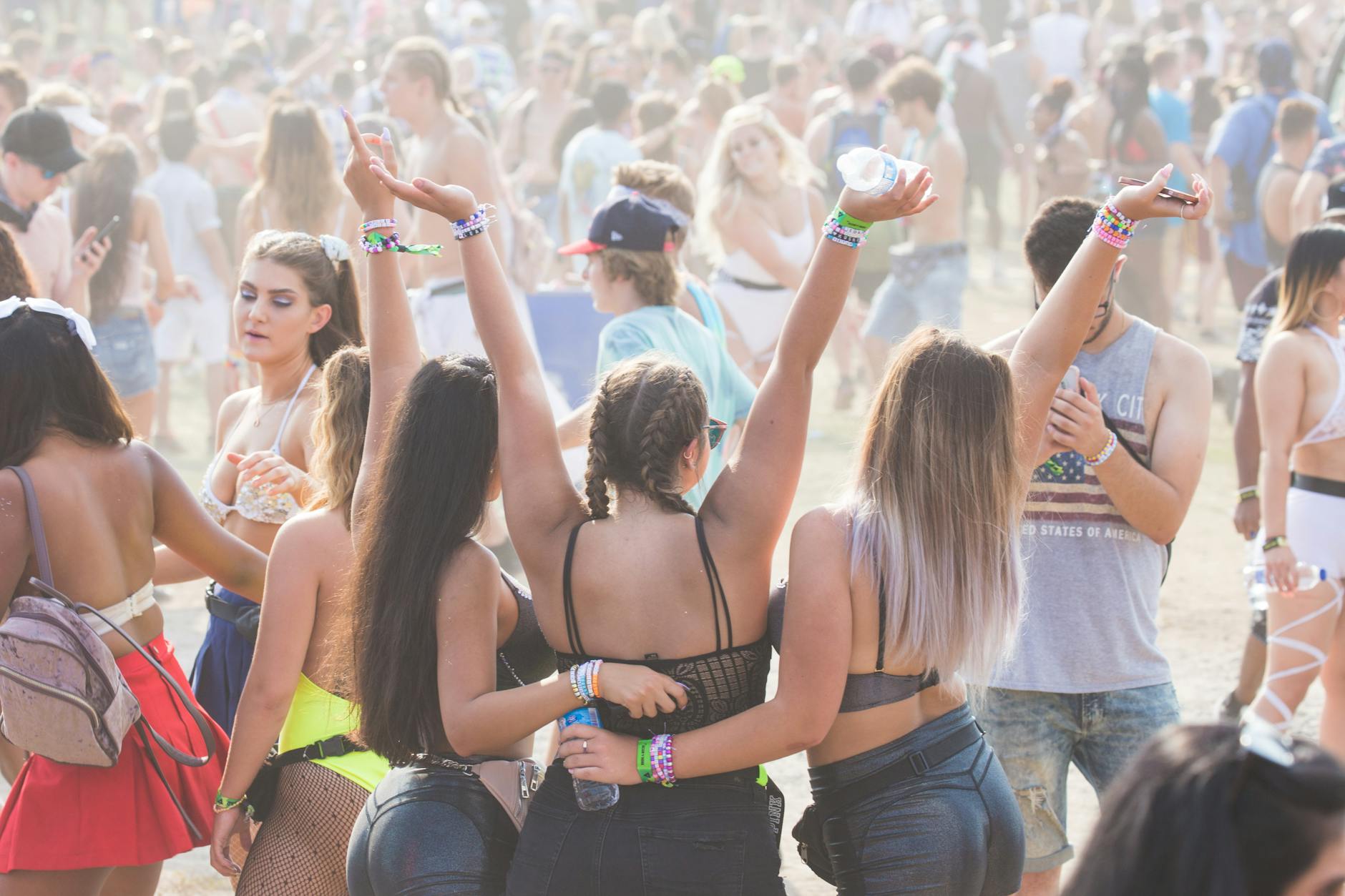
Music festivals are adopting green strategies to cut down waste and emissions. Many now use compostable food containers, reusable cups, and recycling stations to reduce landfill impact. Renewable energy sources like solar panels power stages at events such as Glastonbury. Carpooling incentives or shuttle services help minimize transportation emissions from attendees.
Organizers also collaborate with local communities, ensuring proper waste management plans are in place after the event ends. These efforts prove that large-scale entertainment can be sustainable without sacrificing fans’ enjoyment or artistic integrity.
Music Video Productions Going Carbon Neutral
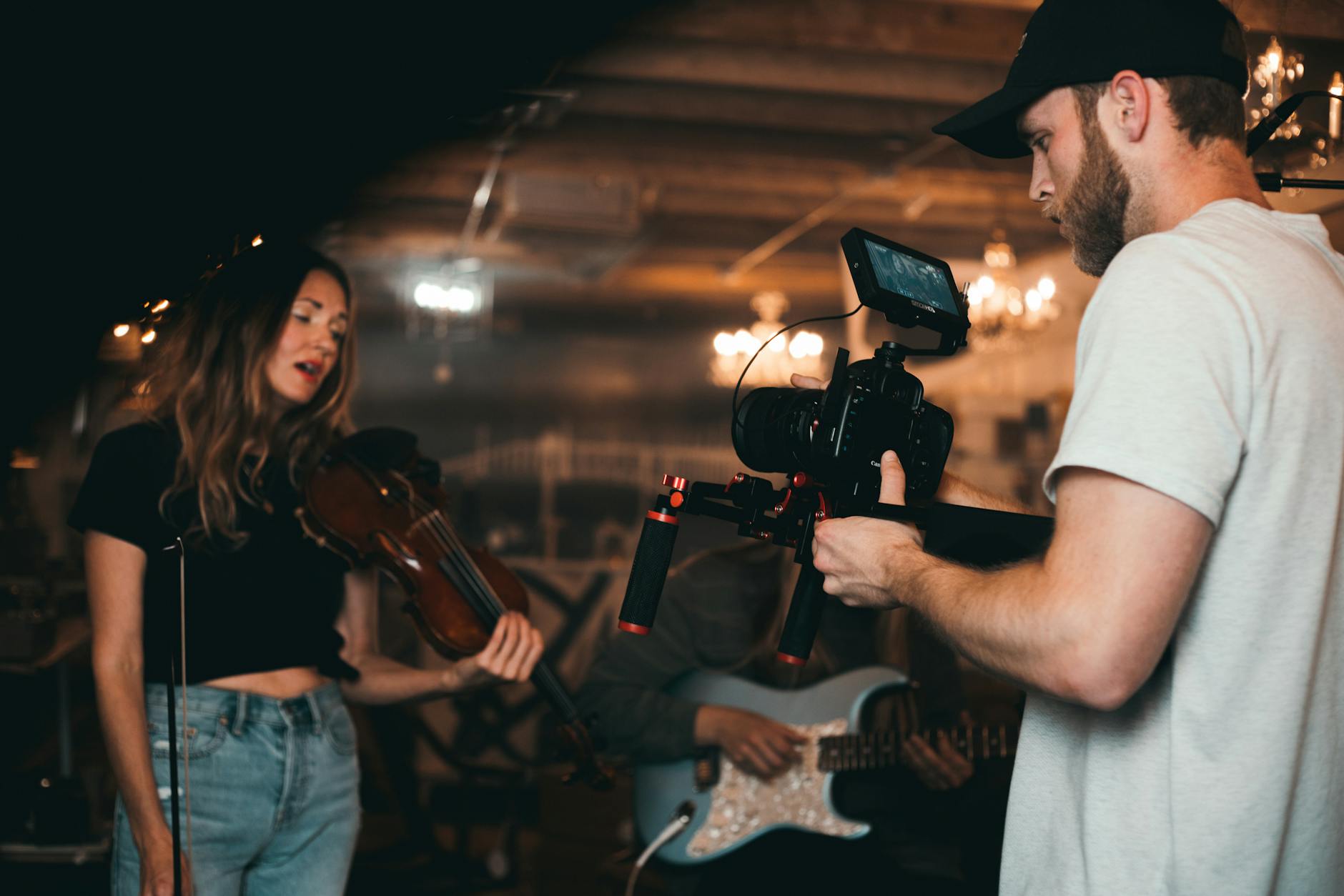
Sustainability is shaping how music videos are made. Crews opt for digital sets and local filming to cut travel emissions. Solar-powered equipment or energy-efficient lighting minimizes environmental impact during shoots.
Artists and producers choose eco-friendly materials for props, costumes, and set designs. Carbon offsets often cover unavoidable emissions from production activities.
Distribution also plays a role in sustainability. Streaming directly online rather than physical releases reduces waste, and using a music video sharing network to distribute ensures a broader reach with minimal environmental footprint. These changes highlight that creativity doesn’t have to compromise the planet’s well-being.
Green Touring Practices
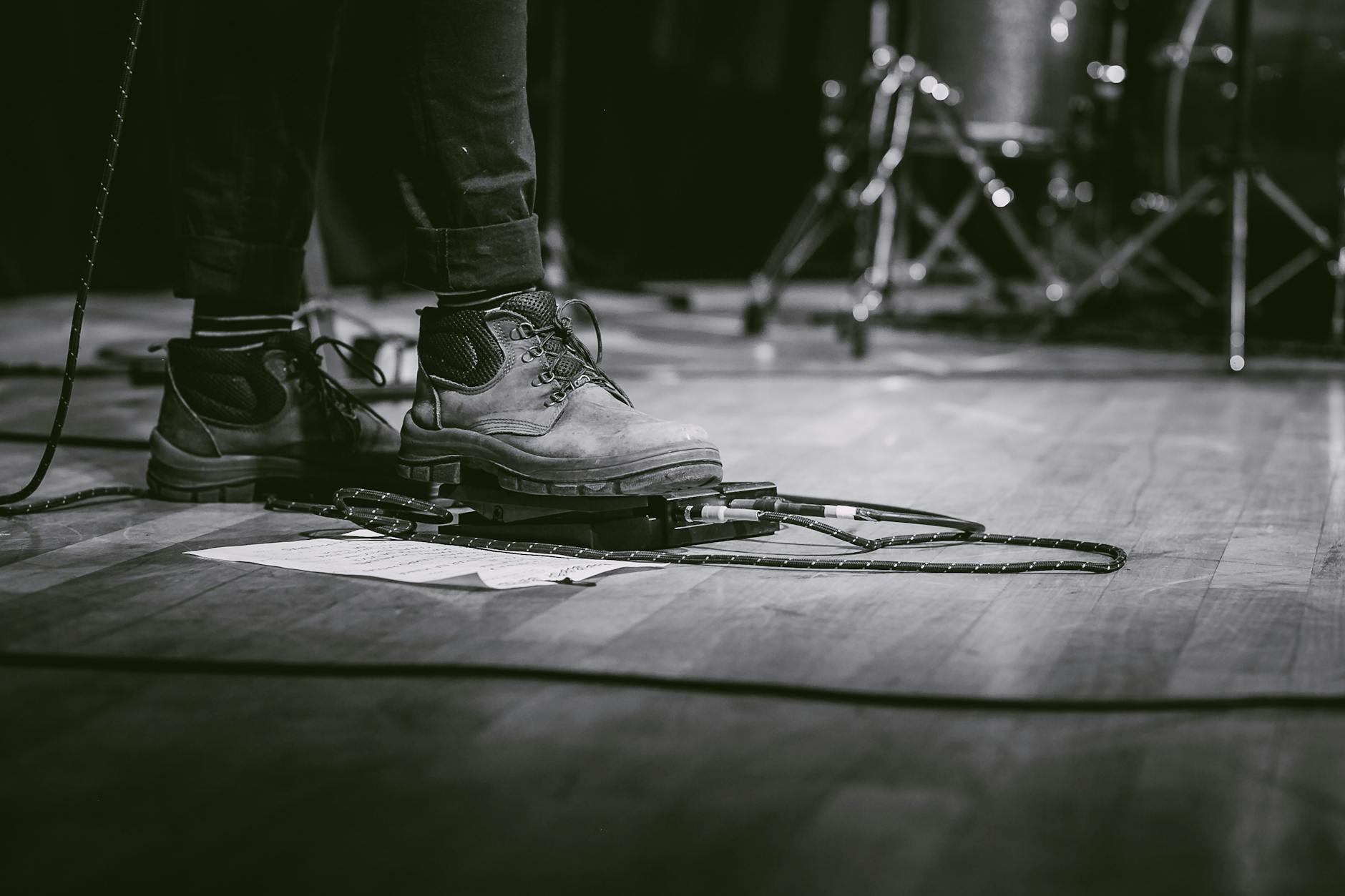
Touring musicians are rethinking how they travel and perform to lower their carbon footprints. Sustainability is becoming part of their journey planning.
Some manage it effectively by:
- Traveling by train or bus for shorter distances, reducing emissions compared to flights
- Using biodiesel-fueled buses when road touring becomes essential
- Choosing venues that run on renewable energy sources, supporting eco-conscious businesses
- Opting for reusable stage setups that minimize construction waste across tour stops
Sustainability also extends backstage. Artists request plant-based catering options and avoid single-use plastics for meals and beverages during tours. By integrating these methods into routines, musicians set an example within the industry while maintaining high-energy performances fans expect.
Sustainable Merchandising
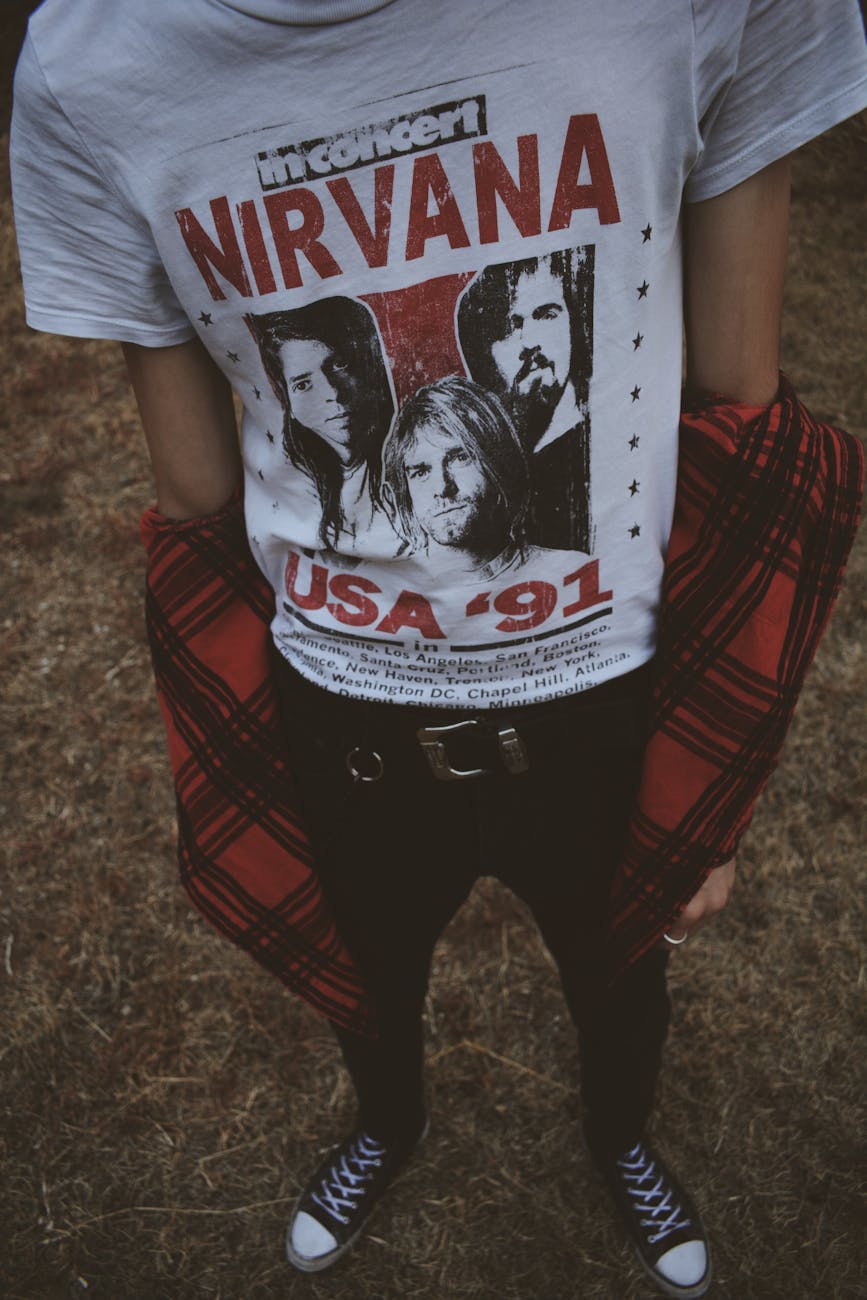
Artists are rethinking their merchandise to make it eco-friendly. Fans can now support their favorite musicians without contributing to environmental harm.
Key approaches include:
- Using organic or recycled materials for clothing like t-shirts and hoodies
- Avoiding harmful dyes or chemical processes in fabric production
- Creating reusable items such as tote bags and water bottles instead of single-use products
- Offering digital merchandise, like virtual collectibles, reducing physical waste entirely
Packaging also matters. Many artists ship merchandise in biodegradable or recyclable materials to cut down on plastic waste. Some even collaborate with ethical suppliers who prioritize fair labor practices alongside sustainability goals.
Greener merch resonates with fans who care about these values too. Sustainable choices build stronger connections between musicians and supporters while protecting resources for future generations.
Partnerships Between Artists and Environmental Organizations
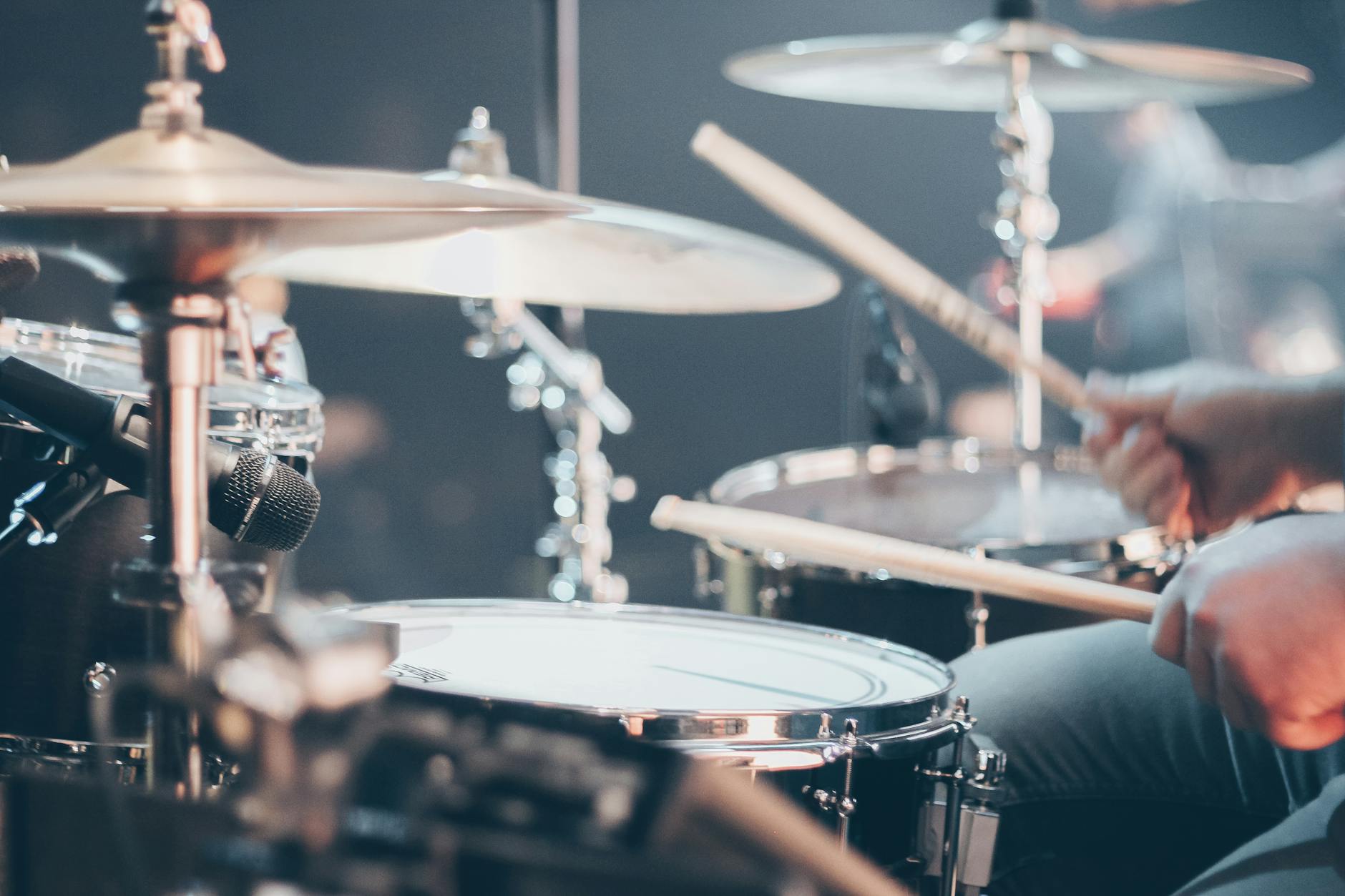
Musicians increasingly team up with environmental groups to amplify sustainability efforts. These collaborations create a wider impact while aligning with fans’ eco-conscious values. Notable examples include:
- Hosting benefit concerts, where ticket proceeds fund conservation projects or climate initiatives
- Supporting reforestation programs by planting trees for every album or ticket sold
- Using tours as platforms to educate audiences about pressing environmental issues
- Working directly on campaigns that push for policy changes addressing climate concerns
Some artists even partner long-term, becoming ambassadors for specific causes. For example, Coldplay’s work with organizations like ClientEarth highlights how global artists can bring visibility to crucial movements.
These partnerships effectively bridge the gap between art and activism. Leveraging their influence lets musicians inspire meaningful change in ways only those with far-reaching platforms can.
The Role of Fans in Supporting Sustainability Efforts
Fans play a vital part in making the music industry more sustainable. Their choices and actions can significantly influence artists and event organizers.
Ways fans contribute include:
- Bringing reusable water bottles or cups to concerts, reducing single-use plastic waste
- Using public transport, bikes, or carpools to attend events instead of individual car rides
- Choosing eco-friendly merch options when available to encourage greener production practices
- Supporting festivals and tours that openly prioritize sustainability efforts
Social media amplifies their voice further. Fans actively engaging with posts about green initiatives show that environmental values matter within the community.
Demand shapes supply. When audiences consistently favor environmentally conscious decisions, it pushes industry leaders to adopt better practices on all levels.
The Last Word
The music industry’s shift toward sustainability reflects a broader commitment to protecting the planet. Artists, organizers, and fans all play roles in creating lasting change. With collective effort, creativity and eco-consciousness can harmonize, proving that entertainment doesn’t have to come at the environment’s expense.






